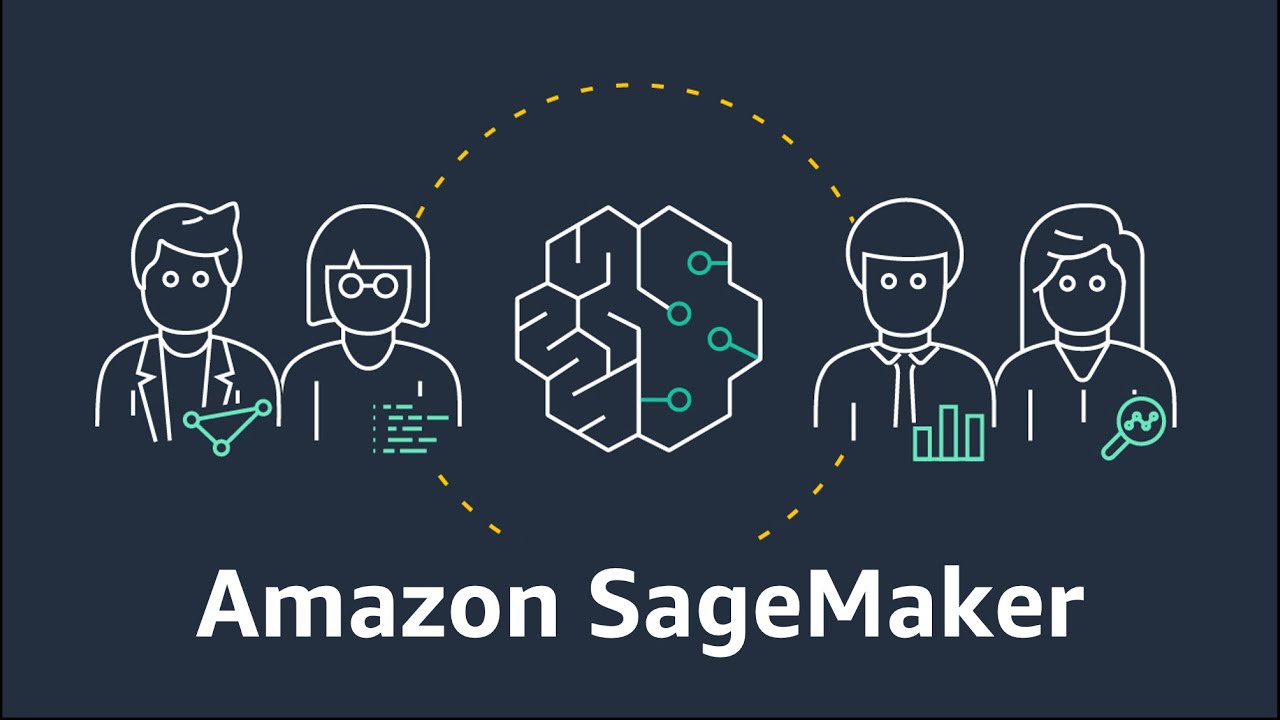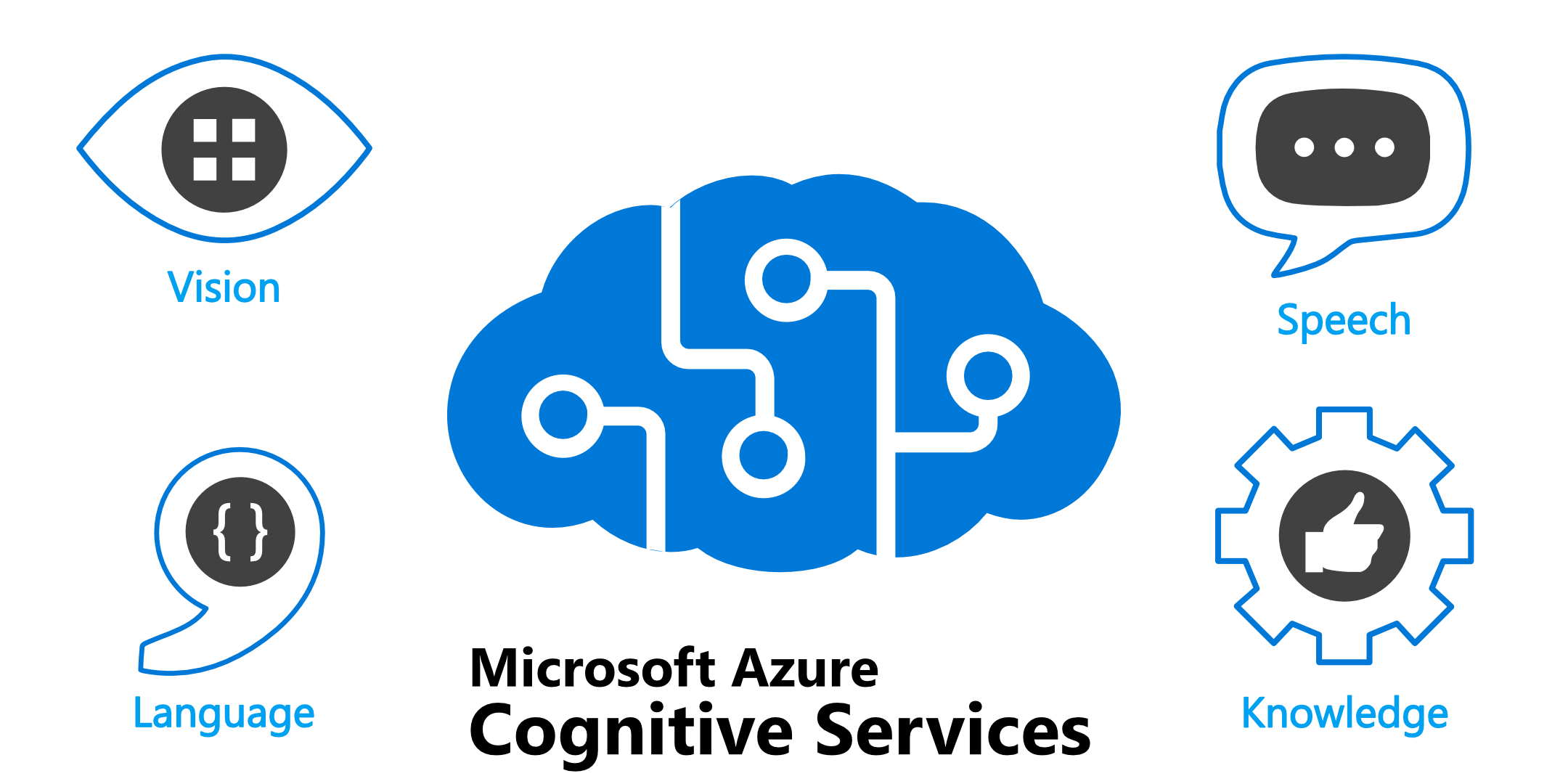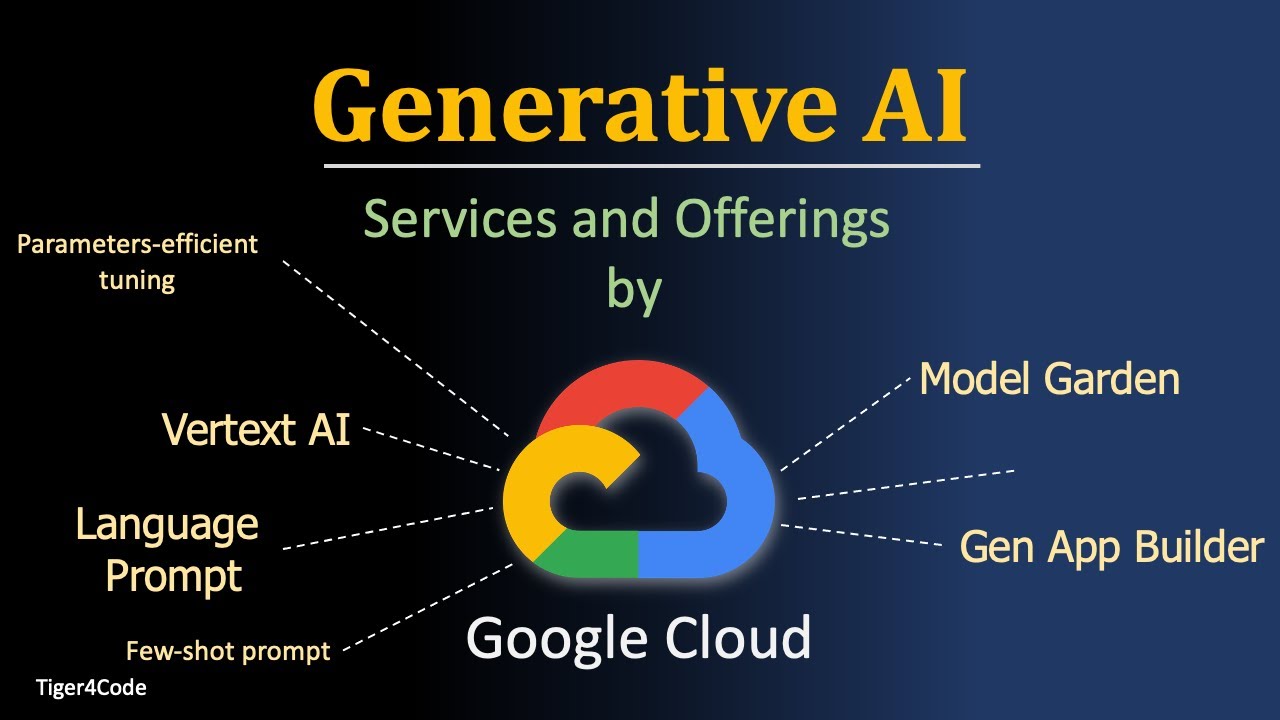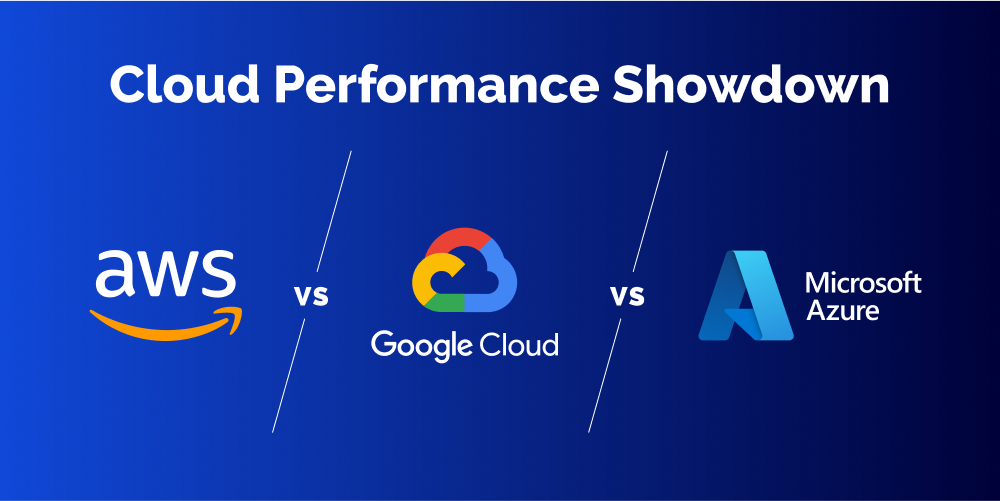Impact of AI-Optimized Cloud Computing: Innovations from AWS, Azure, and Google Cloud
 Lakshay Dhoundiyal
Lakshay Dhoundiyal
AI is now one of the biggest transformers in the ever-evolving cloud computing environment, pushing the boundaries in performance, automation, and predictive analytics. Major cloud providers like Amazon Web Services, Microsoft Azure, and Google Cloud are some of the leading ones in integrating AI into their cloud services. In this blog, we go further in-depth with how these three leading platforms are leveraging AI in the revolutionizing of cloud computing by taking a closer look at their recent features and tools.
AI Integration in AWS : AWS Services Overview
Amazon Web Services (AWS) has lately expanded its portfolio of AI functionality with a set of services aimed at enhancing not only the performance but also the feature set of cloud computing. Key AI services include:
Amazon SageMaker: This provides a comprehensive platform for building, training, and deploying machine learning models. SageMaker recently added advanced features such as Autopilot that automates model creation and Neo, which optimizes models for edge deployment.
AWS Deep Learning AMIs: It is a preconfigured image for popular deep learning frameworks. Recent updates are with improved integration of TensorFlow and PyTorch, hence letting the user optimize the development and training of their advanced AI models.
- Innovation: AWS claims that, with the help of SageMaker's Autopilot, model training times have gone down by up to 90% when compared with the manual processes. Next to this, the firm has witnessed a rise of 50% in AI-driven services by enterprise customers over the last year alone.

Microsoft Azure: Azure AI Services
Microsoft Azure is building a very strong suite of tools and services for its offerings of AI in the cloud, such as:
Azure Cognitive Services: A suite of APIs to help make integration with AI in your applications faster and simpler. Recently added enhancements include Form Recognizer that extracts data from documents and Custom Vision, a capability that allows customized image classification.
Azure Machine Learning: The integrated environment for the construction, training, and deployment of Azure Machine Learning models. Recently it added AutoML, which automates the choice of model along with hyperparameter tuning, and ML Ops, allowing streamlined deployment and monitoring of machine learning models.
- Innovation: According to Microsoft, the adoption of AutoML on Azure Machine Learning accelerated model development by around 70%. In addition, utilization of Azure Cognitive Services grew 40%, which might be indicative of increases in demand for AI-powered applications.

Google Cloud AI Services: Overview
The Google Cloud has been continuously pushing the limits in terms of AI with state-of-the-art cloud services in AI:
Artificial General Intelligence: Fully featured AI service-Google AI Platform-provides an integrated environment for model construction and deployment. On this platform, Vertex AI makes things easy for model creation and development by providing auto ML with prebuilt components to address common use cases.
BigQuery ML: This provides users with the ability to build and deploy machine learning models directly within Google BigQuery. Recently, this was enhanced by adding support for AutoML Tables, which makes it easier to train models on structured data.
- Innovation: Google Cloud claims that automation through Vertex AI has sliced up to 80% off model training time. BigQuery ML usage is up 60% in the last year alone, illustrating a general trend toward integrated data analysis and machine learning.

Comparative Analysis
- Key Performance Indicators
AWS SageMaker: It can reduce model training time by as much as 90% with the help of Autopilot.
Azure Machine Learning: Provides an experience where it reduces manual model development time by 70% using AutoML.
Google Vertex AI: Claims that its automated features can handle 80% faster model training times.
- Adoption Rates
AWS has witnessed a 50% growth in AI-powered services adoption.
For Azure Cognitive Services, usage has increased by 40%.
For Google BigQuery ML, the usage rate has jumped by 60%.

AI is transforming cloud computing through enhanced performance, automation, and predictive analytics. Amazon Web Services (AWS), Microsoft Azure, and Google Cloud are at the forefront of this revolution. All of these are setting new standards by integrating AI into cloud computing for performance, automation, and predictive analytics. Each of them brings peculiar tools and innovations in catering to different dimensions of AI, from training and model deployment to real-time data analysis. It will be important that businesses stay on top of these new developments and consider how integration of these AI-optimized cloud solutions fits in with their larger strategies for maximum impact. Thereby, when AI is continuously getting advanced, these cloud platforms will definitely play a crucial role in shaping the future with respect to technology and business operations.
Subscribe to my newsletter
Read articles from Lakshay Dhoundiyal directly inside your inbox. Subscribe to the newsletter, and don't miss out.
Written by

Lakshay Dhoundiyal
Lakshay Dhoundiyal
Being an Electronics graduate and an India Book of Records holder, I bring a unique blend of expertise to the tech realm. My passion lies in full-stack development and ethical hacking, where I continuously strive to innovate and secure digital landscapes. At Hashnode, I aim to share my insights, experiences, and discoveries through tech blogs.